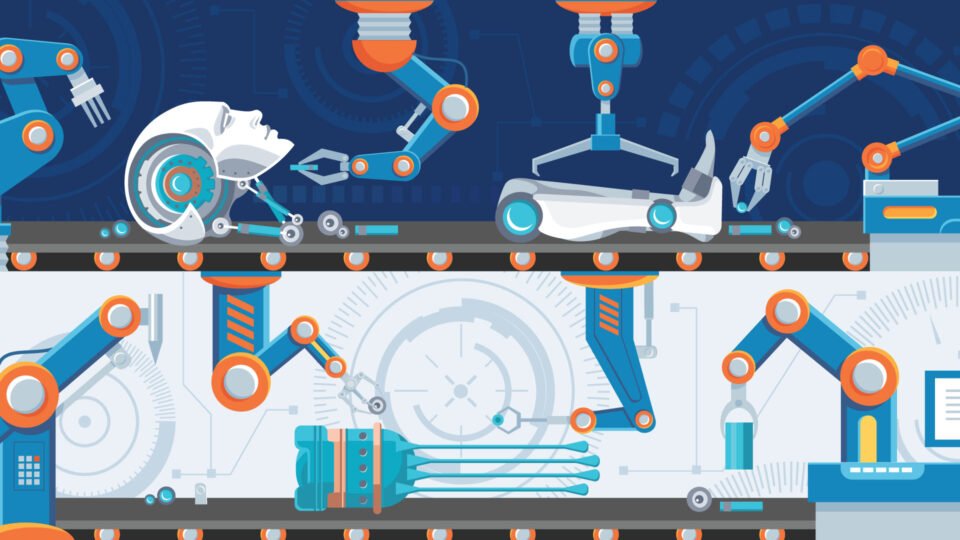Reply announced today that it has developed an end-to-end solution architecture for autonomous mobile robots (AMR) on Microsoft Azure that enables new business applications across industries, reduces upfront costs and allows for the rapid implementation of customer-specific robotics use cases.
The solution combines Microsoft Azure services, the agility of Boston Dynamics’ SPOT and Reply’s knowledge of intelligent cloud computing services, edge computing and artificial intelligence. To demonstrate the capabilities of a scalable and versatile robotics platform, Reply implemented an automated vehicle-damage-detection solution for rental or leasing companies that leverages this architecture. In fact, rental or leasing companies must inspect vehicles for any damage after they are returned in order to ensure the safety and quality of their fleet for their customers. This is usually done in the time- and cost-consuming manual process of walking around the car, visually inspecting it, assessing the severity of the damage and conducting a damage report.
Reply integrates Azure Cognitive Services, Machine Learning and DevOps as well as Power Apps and Power BI. Thanks to Azure’s intelligent service foundation, agile workflows and machine learning, this process can be fully automated. Using computer vision, SPOT moves freely through the parking area and scans the license plates to find the right vehicle. Once detected, it walks around the vehicle to record its condition by continuously collecting visual data with its camera and sensors. This information is processed “on the edge” or transmitted to the cloud, where advanced image recognition and machine leaning algorithms perform the damage detection. All detected damages are saved in the return protocol, and they can be presented to the customer and the fleet manager for approval.
“This platform sets the power of Microsoft Azure on the move by bringing it from the Cloud to the Edge and into highly advanced mobile robotic devices, giving them the autonomy to unlock novel business use cases. Thanks to the agile reference architecture, we are able to implement customer-specific use cases in various industries that include all types of mobile robots or drones”, comments Filippo Rizzante, CTO Reply.
“Reply is a long-term, trusted partner in delivering Azure IoT solutions, and we’re delighted to continue our collaboration on this new scalable robotics offering. By leveraging Microsoft Azure, we can help accelerate this transformation by making it easier for businesses to bring AI and analytics capabilities to these autonomous systems in a consistent and secure way,” adds Lakecia Gunter, Vice President and GM, Global IOT Channel at Microsoft.
With their agility, autonomous mobile robots (AMR) are able to move independently from a central infrastructure on terrain that is not traditionally designed for robots. They can be used in hazardous environments and environments, that are harmful to people. According to ResearchAndMarkets.com, the global market for automated guided vehicle (AGV) and AMR is expected to reach $13.2 Billion by 2026 with a growth rate of around 35%. Both AGVs and AMRs collectively are going to cross the installed base of 1.5 Million in the next 5 years to make mobile robots a new normal in our day-to-day operational activities.
For more such updates and perspectives around Digital Innovation, IoT, Data Infrastructure, AI & Cybsercurity, go to AI-Techpark.com.

